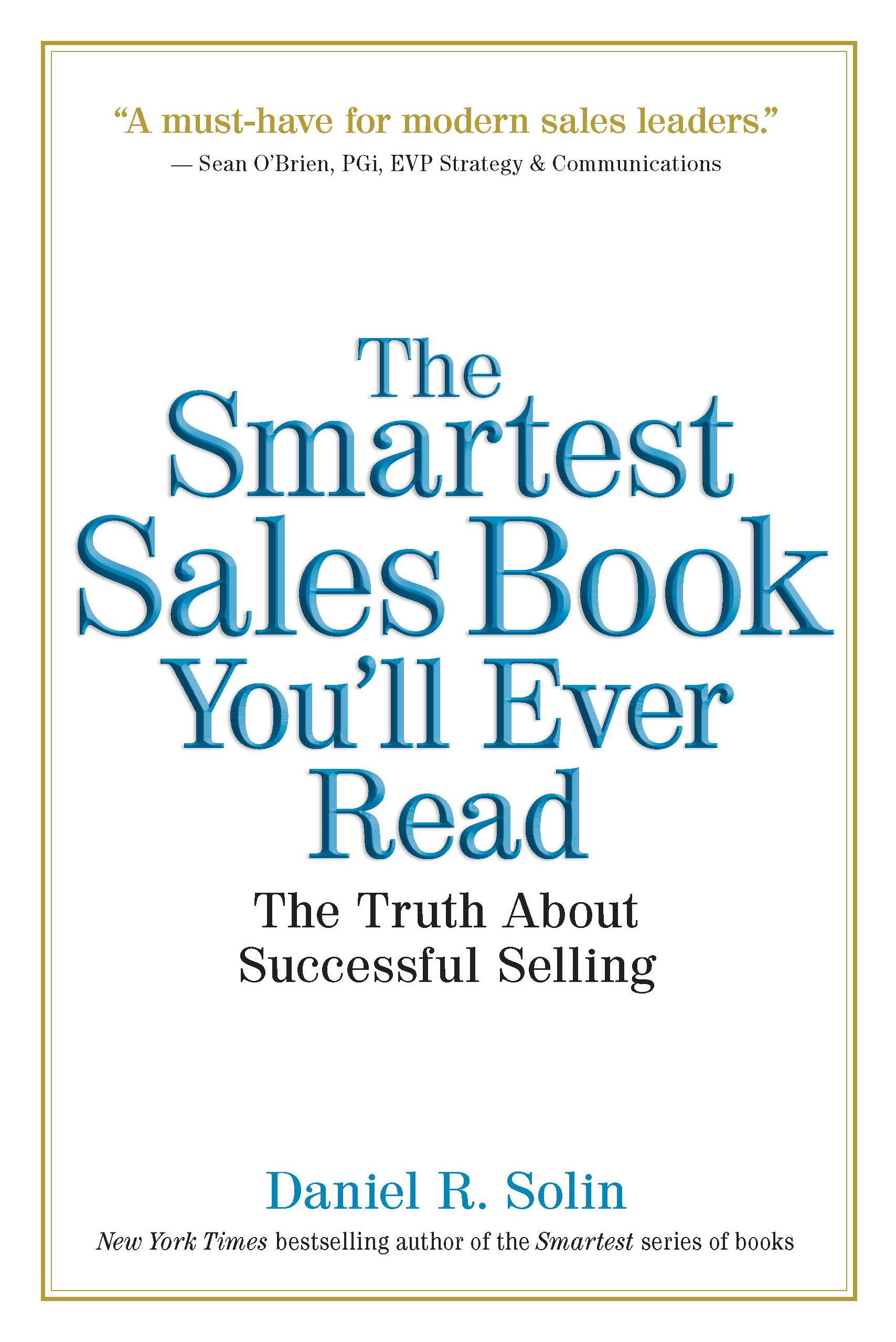
Last week was the worst week for the S&P 500 and the NASDAQ since May 2012. The S&P 500 index dropped 3.1 percent on the week to 1,906.13 and the NASDAQ fell 2.3 percent to 4,276.24. Not surprisingly, the market's volatility and rapid decline brought out the worst in the financial media. The amount of misinformation currently out there is staggering. I can only deal with the tip of the iceberg here.
"Advice" to buy or sell
The advice of Scott Wren, a senior equity strategist at Wells Fargo Advisors, was typical. Mr. Wren counseled investors to take advantage of the recent market volatility and invest now in certain sectors.
Here's the problem. Neither Mr. Wren nor anyone else has any idea whether last week was a temporary setback for the market or the beginning of a protracted decline. Worse still, trying to predict which sectors will outperform other sectors is an exercise with precious little credible data to support it.
What we do know is this. Wells Fargo Advisors and other stock brokers will generate commissions if investors follow such advice. And they will earn these commissions whether or not their recommendations turn out to be profitable for investors.
An article on Seeking Alpha gave just the opposite advice, recommending that investors sell stocks now. The author believes the market "is set up to crash" and there are "very few stocks that will be sheltered."
The article may turn out to be right, or it may turn out to be wrong. But relying on financial seers is not an intelligent or responsible way to invest.
While there are legitimate reasons to sell stocks, you should never do so based on predictions about what is going to happen in the market today, tomorrow or even next year.
Market timing "advice"
BTIG Chief Strategist Dan Greenhaus looked into his crystal ball (which apparently is always clear) and advised viewers of CNBC's Halftime Report that we are "closer to the end" of the selloff. He believes that should impact when investors buy or sell.
But Mr. Greenhaus is engaging in a form of market timing. And, unfortunately for the investors who listen to him, there is compelling evidence that market timing is a discredited strategy. The odds of success are daunting. The basic problem is that a large percentage of market gains are generated during very brief, totally unpredictable periods. Not only do market timers have to be right about when to get out of the market, they also need to be accurate about when to reenter.
Irrelevant musings
During periods of market volatility, financial pundits engage in the senseless pursuit of trying to explain the inexplicable. In an article on Yahoo Finance, Jeff Macke attempts to discern why the stock market is acting "so crazy." His explanations include the fact that "it's October," investor concerns over the Ebola outbreak and global economic worries.
Some areas of inquiry that would be far more productive are:
1. Confirm that you are invested in globally diversified, low management fee stock and bond index funds, passively managed funds or exchange-traded funds. Make sure that your portfolio's asset allocation is appropriate to your tolerance for risk
2. Find out the annualized gross returns for your portfolio over the past one year, three years, five years and 10 years.
3. For the longest time period for which data is available, find out the worst single calendar year total return, worst 24-month total return, worst three-year total return, percentage of calendar quarters with negative returns and the longest streak of consecutive negative returns for your portfolio.
Any competent broker or advisor should be able to readily provide you with this information. Familiarity with this long-term data will calm your fears by putting short-term market activity in context.
Finally, when you are confronted with a doomsday scenario, ask yourself this question: If it is so clear that financial Armageddon is upon us, hasn't that information already been factored into the current price of all publicly listed stocks? What will drive the future price of stocks is tomorrow's news, and no one knows what that will be.
Successful investors have a well-designed plan and the discipline to stick to it. They are not swayed by the news of the day. An important component of keeping your emotions in check and following your plan is to ignore most of the financial news.
_____________ Dan Solin is the director of investor advocacy for the BAM ALLIANCE and a wealth advisor with Buckingham. He is a New York Times best-selling author of the Smartest series of books. His latest book is The Smartest Sales Book You'll Ever Read.
Dan Solin is the director of investor advocacy for the BAM ALLIANCE and a wealth advisor with Buckingham. He is a New York Times best-selling author of the Smartest series of books. His latest book is The Smartest Sales Book You'll Ever Read.
The views of the author are his alone and may not represent the views of his affiliated firms. Any data, information and content on this blog is for information purposes only and should not be construed as an offer of advisory services.

